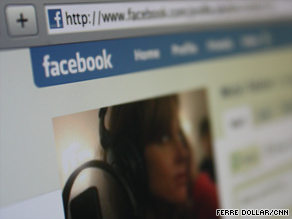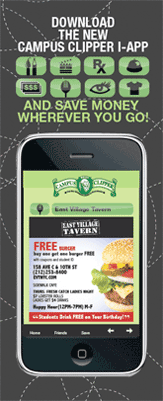Ready for an updated look? There’s no better time than now! Listen, New York gets hot in the summer. The kind of hot where it feels like we’re forever alternating between sticky heat waves and solid weeks of rain; not the best recipe for a  good hair day, I know. My hair is thick and curly, which in summer months best translates to massive and frizzy. I’m used to wearing my hair up in a bun almost all the time over the summer, and it’s less because of the heat than because my hair just gets unmanageable. I was determined to fight back this year, and so I looked into upscale hair salons hoping that there would be some difference between the fancier places and my usual local ones. What I wound up trying was Salon Ziba, downtown by NYU. I want to talk a little about my experience there. (Spoiler Alert: great haircut, great people, great price, happy Laura.)
good hair day, I know. My hair is thick and curly, which in summer months best translates to massive and frizzy. I’m used to wearing my hair up in a bun almost all the time over the summer, and it’s less because of the heat than because my hair just gets unmanageable. I was determined to fight back this year, and so I looked into upscale hair salons hoping that there would be some difference between the fancier places and my usual local ones. What I wound up trying was Salon Ziba, downtown by NYU. I want to talk a little about my experience there. (Spoiler Alert: great haircut, great people, great price, happy Laura.)
I walked in and immediately felt that this salon was out of my normal price range: chic and modern where my old place was more drab and uninspired. But I spoke a little bit with the owner, Alonso, and he explained to me that the salon’s goal is to deliver high-end, profession haircuts and styling for an affordable price. Alonso told me that his inspiration came partially from his own haircuts 25 years ago before Ziba opened. He said that he was very happy with how they looked and the great care that he received, but also that he was annoyed at having to pay up to $75 for a trim. When he started Salon Ziba at its first location in midtown, he kept this in mind and aimed to keep the prices low without sacrificing quality. As a low-income college student, I was particularly excited to hear this news.
The employees treated me like a princess. They offered me tea or coffee as they walked me to the back to get my hair washed. When it came time to pick a cut, my stylist asked me what I wanted and had his own advice about what I should do. (I’m on a mission to grow my hair out long, so what I really wanted was a look that would not only frame my face nicely at its current length, but also look just as good in a year.) What he recommended was that I angle it more at the front since my face is almond shaped, and that I try a center part for a more fierce look than my old side part. After I let him do his thing, he asked me if a wanted a blow-out. This is a first for me! My stylist was really nice and he showed me just what he was doing so I could try it at home.

Five days later on a humid day, curls are still intact.
I walked out of the salon that day feeling beautiful and renewed. They all gave me a lot of attention and good advice to help my hair grow faster. And the best part? The whole thing, wash cut and style, cost me $48. That only about $10 more than I pay for just a haircut at the place I used to go to. Guess I have a new regular hair salon!
—————————————————————————————————————————-
Laura DeFrancisci, Manhattan College. Check out my Blog!
Follow the Campus Clipper on Twitter and Like us on Facebook!
Interested in more deals for students? Sign up for our bi-weekly newsletter to get the latest in student discounts and promotions and follow our Tumblr and Pinterest. For savings on-the-go, download our printable coupon e-book!









